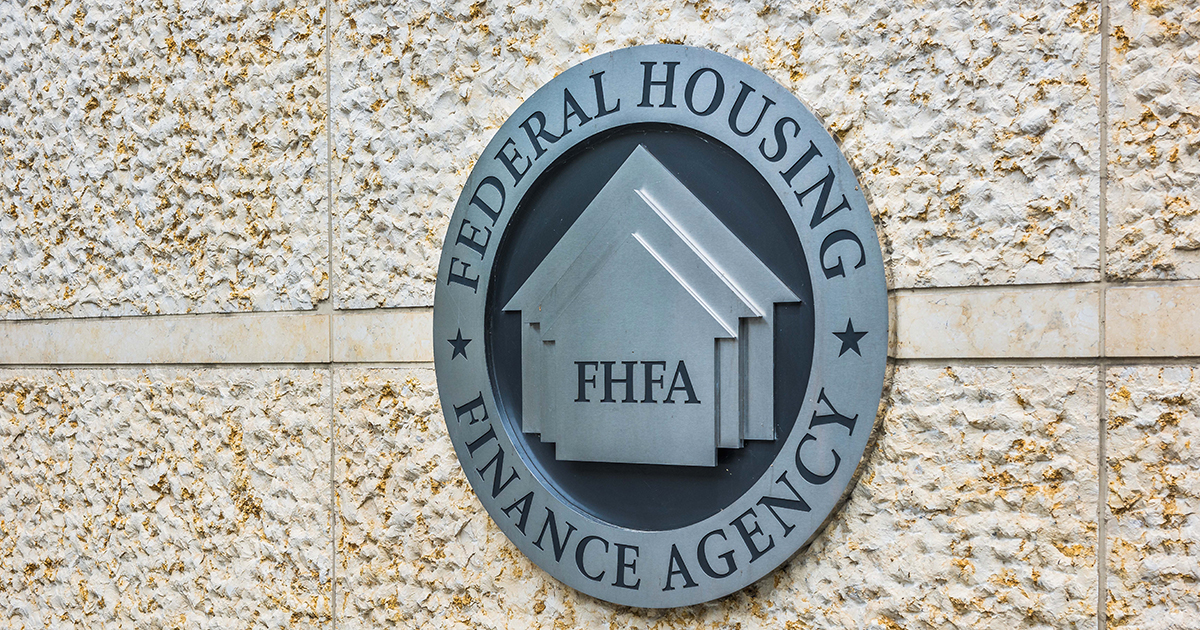
In their seven-week experiential learning projects, master’s of quantitative finance students are given a task that realistically would take many months to accomplish. That’s intentional, says Maryland Smith’s Clifford Rossi.
In academics as in life, the most arduous challenges are often the ones that teach us the most.
“When you get out in industry, your supervisor is going to give you some very daunting assignment, and you’re going to stop and say, ‘How am I going to get this done?’ For these students, they will have been exposed to what daunting looks like, working in a team environment. And they’ll manage that project through to its conclusion,” says Rossi, executive-in-residence and professor of the practice in finance at the University of Maryland’s Robert H. Smith School of Business.
Rossi leads the experiential learning projects for the master’s of finance and master’s of quantitative finance at Maryland Smith. He organizes projects for large corporate firms such as Deloitte and Citigroup, government agencies such as the Federal Housing Finance Agency, and every semester, he organizes a project for Fannie Mae and another for Freddie Mac. He identifies a topic that’s of interest to the two government-sponsored enterprises (GSEs), and sets the students upon their task – conducting research and analyzing data, then making recommendations. This past semester, the topic was climate change research. The Freddie Mac team focused on the effects of hurricane impacts on FEMA claims and mortgage default and prepayment rates. The Fannie Mae team investigated hurricane effects on loss severity.
It’s a topic of increasing interest for financial institutions – and for Rossi. His recent research on the impact of hurricane frequency and intensity on mortgage defaults is forthcoming in the Journal of Risk Management for Financial Institutions. Prior to joining the faculty at Smith, Rossi was chief risk officer for Citigroup's Consumer Lending Division, overseeing the risk of the bank’s $300-billion secured consumer asset portfolio.
Last week, the students presented their findings and recommendations to the chief risk officers for Fannie Mae and Freddie Mac’s single-family business, multifamily business, and model risk management units, including a recommendation to incorporate catastrophe bonds into credit risk transfer transactions.
“The purpose of our ELPs is to showcase our students’ skills in one consolidated project that is as close to a real industry experience as they are going to get without first being hired by the company,” says Rossi.
Peiyuan “Vicky” Luo, master’s of quantitative finance ’21, described the course as “like a test trial for a real analyst,” but better, because student teams manage the whole project, rather than just segments.
“I came into the program hoping to test out what I have learned, and how it would apply to a real-world operation. Looking back at the experience, I have gained so much more beyond what I was hoping for,” she said.
By the second year of their business master’s program, students have learned good analytical skills, but the project aims to help them put “the whole package together,” Rossi says. “They are demonstrating that they have the skills needed to extract, manipulate and manage very large databases, like the ones that Fannie and Freddie have.”
“We take them beyond book learning. In a normal econometrics or quantitative methods course, you are usually going to be given a data set that is pretty pristine and you put it in your program and get your output and you can understand it pretty clearly,” Rossi says. “But what students might not understand is that you’re not going to have nice-looking data most of the time.”
The GSEs’ datasets presented some challenges, tracking as many as one million loan-level observations, over 84 quarters. “We’re talking about tons of data,” Rossi says. “The students had to merge that data with other datasets and macroeconomic data.” They also had to leverage statistical and other quantitative techniques to be able to analyze the data in a sophisticated manner. Only then, some four weeks into the project, could they show off their econometric skills and analysis skills, developing models and validating models, and using their applied financial software and econometric software tools. “Everyone wants to do the modeling,” Rossi says.
It’s complicated work, he says. And that’s why these skills are in such high demand.
Heng Zhuang, master’s of quantitative finance ’21, saw that firsthand in a job interview. The experiential learning project set him apart from other candidates and impressed recruiters at BECU, where he’d applied for an internship in risk management. The hiring manager, he said, spent about half of the interview period asking about the project and the resulting recommendations.
“They weighed a lot on this project and spent little time on my other work experience and previous project. It is very helpful for a student like me, who did not have previous risk management working experience to get an internship and a job,” he said.
Rossi has heard similar feedback before.
“Every time I get done with these ELPs, I’m always struck by two things,” he says. “One: The sponsors are always elated with the project. They’re amazed at what we were able to get done in a seven-week period and they’re impressed at the quality of the work. And two, the students tell me, consistently tell me, that it was the hardest two credits of their academic career at Smith, but it was the best two credits.”
Media Contact
Greg Muraski
Media Relations Manager
301-405-5283
301-892-0973 Mobile
gmuraski@umd.edu
About the University of Maryland's Robert H. Smith School of Business
The Robert H. Smith School of Business is an internationally recognized leader in management education and research. One of 12 colleges and schools at the University of Maryland, College Park, the Smith School offers undergraduate, full-time and flex MBA, executive MBA, online MBA, business master’s, PhD and executive education programs, as well as outreach services to the corporate community. The school offers its degree, custom and certification programs in learning locations in North America and Asia.